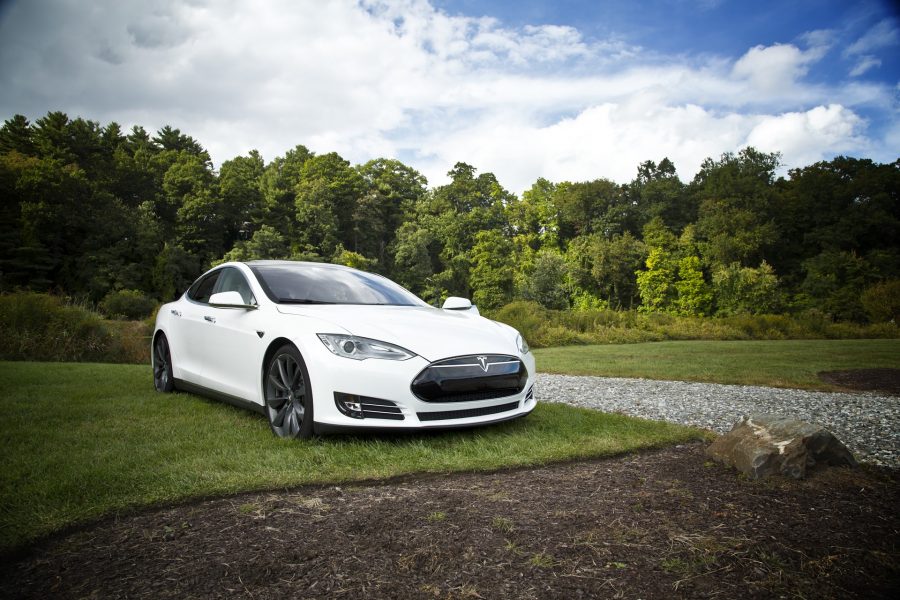Electric cars are still far away to become mainstream. In order to seriously compete with gasoline cars, the industry has to eliminate many more disadvantages in the design and operation of electric cars.
Electric Cars Today
In 2017, the proportion of electric vehicles in Norway reached an impressive mark of 25.3%. Now every fourth car registered in this Scandinavian country has an electric motor. This happened largely due to the efforts of Norway government. Purchase of an electric car is not taxed, owners of such cars are provided with free travel on paid sections of the routes, as well as preferential parking in the centers of major cities.
One of the most convenient countries for the owners of electric vehicles is the United States. Particularly comfortably feel people who do not use gasoline on the west coast – in San Diego, San Francisco, and Portland. There are a lot of convenient refueling stations for such cars. It is enough to move around the city streets and worry not about staying in the middle of the road with an empty battery.
Tesla’s Success in the Electric Vehicle Market
Electric cars industry is at a critical point of development, and soon Tesla may become either the greatest producer or the only one worthy company on the market. The biggest achievement of Tesla (NASDAQ: Tesla Motors [TSLA]) can be easily overlooked. This young and ambitious company of Elon Musk produces fast and beautiful cars that have already won the attention of the Silicon Valley businessmen.
But Tesla is developing rapidly and doubling sales every year: in 2015, about 50,000 cars were sold, in 2016, it’s already 100,000. By 2018, the company is going to sell half a million cars a year (if, of course, the ambition Mask is realized). Model 3, the first Tesla vehicle for the mass market was released on July 28. There were about 400 thousand pre-orders of this car. These are excellent indicators for the industry.
The History Is Changing
Another factor that may affect the future success of electric vehicles is the relatively fresh unforeseen and rapid changes in the very concept of passenger traffic. From the middle of the 2000s until the foundation of Uber, electric vehicles remained at the forefront of progress. But now the most important trends in the industry are car sharing, joint trips, and unmanned vehicles – all this does not require electric cars. On top of that, it is wise to remember that people still enjoy the roar of engine far more than a silent humming of the electric motor, and that the fuel engine industry isn’t going to step down from the throne just like that, with almost constant promotions, solid financing options, bargain/sale deals.
Companies working in this field do not have any reason to wait until the market of electric cars finally grows. They can announce themselves in full voice with the new generation of cars running on gasoline, 99% vehicles of the market that do not need to be charged every night.
It is important to take into account that Tesla is also the most successful automaker, which deals exclusively with electric vehicles, and the leader in the field of autonomous transport. But do not be surprised if electric cars lose the race. Batteries are too large, more expensive and less practical compared to gasoline, and the development of this industry is really slow. Modern lithium-ion batteries significantly exceed everything that came to the market before them. But it took more than 100 years for electric cars to just catch up with gasoline vehicles.




